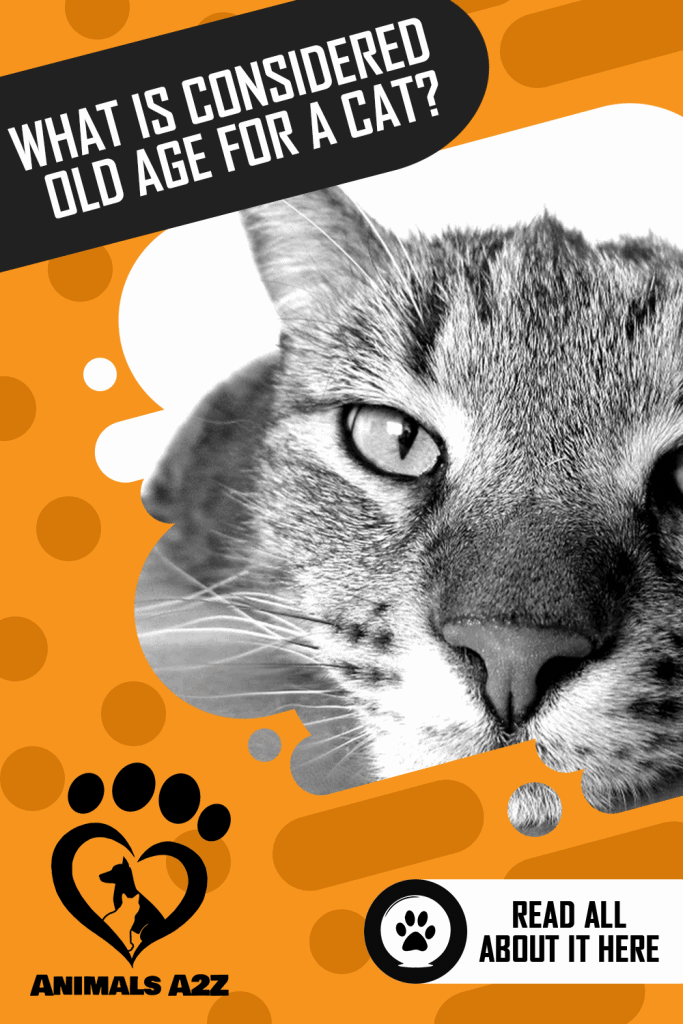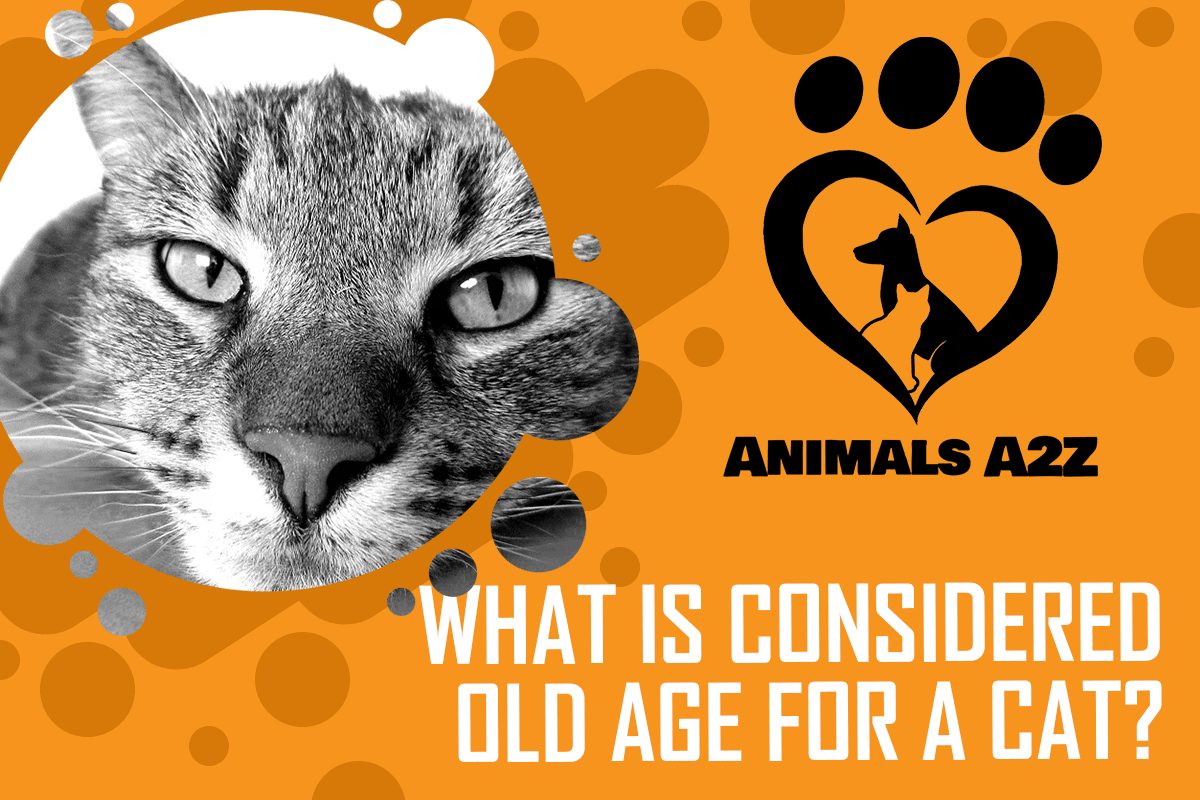Cats nowadays live longer than was the case twenty years ago, thanks to much better nutrition, home care and veterinary care. In recent years, the life stages and ages of cats have been redefined.
Table of Contents
How old do cats get and when are they considered old
Cats are considered old cats once they reach 11 years old. A cat is considered really old when it is older than 14 years. This is often called a super senior cat. The average lifespan is around 15 years for indoor cats, but with a little luck they can live up to 20 years.
Signs of old age in cats
As a parent of an aging feline, you will want to watch for some behavioral changes that can signify underlying problems. Below, we have listed the most common age-related conditions and symptoms you may see in older cats.
Sleeping most of the time or not sleeping at all
While it’s normal for a cat to slow down while he ages, it may indicate a serious underlying health problem. Having said that, if your cat is more active during the night and not sleeping too much, he may be experiencing changes in his body related to his age. Experts also note that older cats that suddenly have more energy may have hyperthyroidism. It’s best to talk to your veterinarian if you have concerns about your cat’s overall health.
Confusion
The moment your feline friend easily gets confused by ordinary objects or tasks he’s used to doing such as finding his bed or food bowl, its a sign he’s probably reaching his golden years. In addition, this can be a sign of much larger cognitive problems, so it’s best that you consult your veterinarian if you see this behavior in your cat.
Having trouble jumping or climbing stairs
Arthritis is actually very common in aging cats. While she may not show other obvious signs that she has painful joints or limbs, you may notice that she has more difficulty jumping than she used to, whether it’s jumping on furniture, climbing the stairs or jumping into her litter box.
Unintentional weight gain or weight loss
In older cats, weight loss could be a sign of health problems like diabetes, kidney disease or heart disease. Some energy and food needs of your cat can increase as he moves from adult to senior, and he might lose weight much faster than he can eat to catch up. As your cat gets older, his metabolism slows down so he doesn’t need as high a calorie intake as he used to. If your cat starts to gain more weight, then it’s the right time to switch your cat food to a specialized senior cat food diet, in order to meet his needs and preferences.
Behavioral changes
Is your cat avoiding human interaction? Is she having accidents that she never did before? These can be common signs of feline kidney failure, a cat that’s mentally confused or a cat in pain. These health conditions are more prevalent in aging cats. Fortunately, your vet can help you assess the behavioral changes of your cat and probably prescribe the right treatment for her.
Oily or matted fur
If your cat stopped grooming himself it could be a sign that he’s in pain due to dental problems or arthritis.
How old – Cat age chart human years

[crp]
Common questions about cat age and signs that your cat is getting older
How do I know if my elderly cat is suffering?
Cats usually hide the pain they feel, so it’s important to look for subtle signs. Breathing, appearance, heart rate and even behavior could change when your cat is in pain. You should consider calling your trusted vet if you think your furry pal is in pain. Also, bear in mind that it’s not advisable to self-diagnose your cat and give him medication without asking your vet.
What do most older cats die from?
The most common underlying causes of senior cat death are cancer and kidney disease, as well as infectious diseases like feline immunodeficiency virus or FIV. Cats can also suffer from hyperthyroidism that can cause inflammatory bowel disease, high blood pressure, dental disease, and arthritis. These diseases are most common in senior cats, but many years can be added to your cat’s life span if he’s given the right diet and treatment.
What is the usual lifespan of a cat?
Cats live an average lifespan of 15 years – and that’s quite a long time compared to other pets’ lifespans. Teenage felines, or even the ones in their 20s, are also common to see since there are a lot of factors that can play a big role in terms of determining how long a cat might live.
Conclusion
It is important to bear in mind that aging isn’t a disease. According to experts, this should be accepted as a natural process. The human or animal body goes through a lot of complex changes physically as the years pass by. However, even though some of your cat’s conditions might not be easy to cure, they can still be controlled. So, help your furry pal enjoy his senior years by ensuring that he has regular access to veterinary care and that he receives plenty of attention and love at home.


